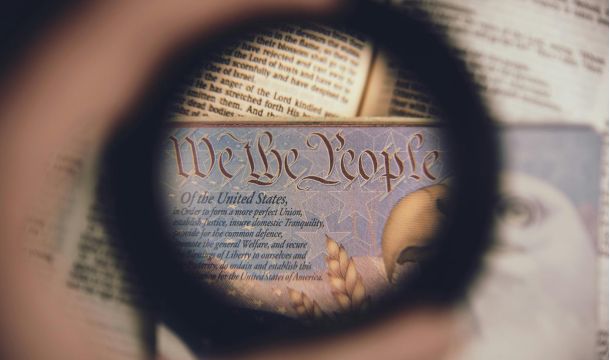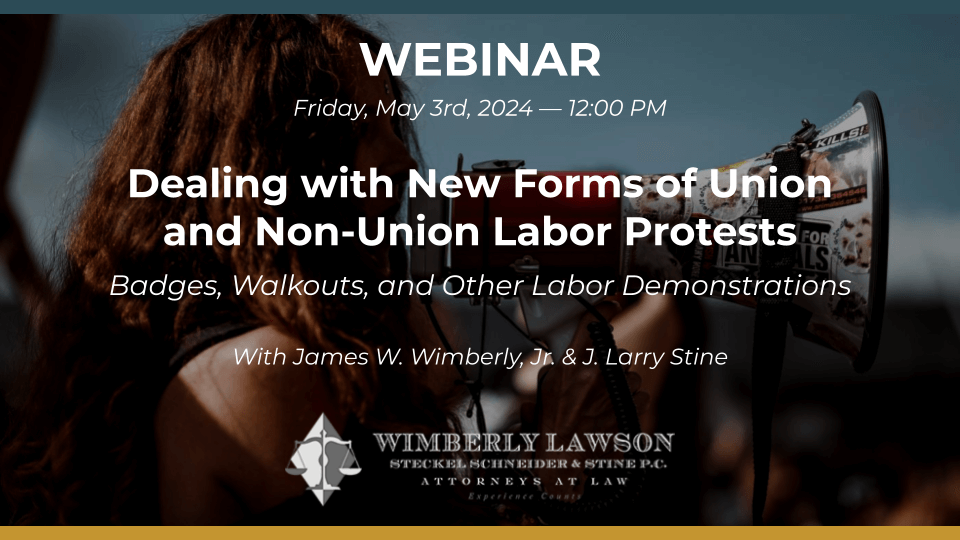Starbucks' Big Change in Labor Policies
Starbucks' new public commitment to work with its union antagonists to resolve issues has been called a landmark in labor relations. In an earlier December public announcement, the Starbucks President wrote a letter to the unions suggesting cooperation, and in late February, the company and the Starbucks Workers United announced they were beginning negotiations intended to resolve collective bargaining agreements and litigation. As part of the announcements, Starbucks said it will begin providing union members with the same benefits that it had previously restricted to non-union stores.
An NLRB judge had ruled last September that Starbucks had violated federal law across the country by providing improvements and higher pay to non-union stores and refusing to do so at unionized locations. An administrative law judge found that Starbucks' argument that it legally couldn't extend those improvements to the union stores because of the collective bargaining rules, was incorrect and not made in good faith.
Editor's Note: There was no public announcement of reasons for the change of the approach by Starbucks' management. This writer has opinions about possible reasons. First, Starbucks had been losing almost 100% of the 100 or so NLRB complaints issued against it. It is even possible that the new NLRB Cemex ruling played a role in Starbucks' decision-making, as the new case established that even a single unfair labor practice could result in a "card-check" type bargaining order against the employer. Further, litigation and public relations attacks were being made even involving Starbucks and the union's position on the Hamas-Israeli war, and stockholder resolutions proposed to require Starbucks to improve labor relations. Apparently, there was an increased concern on the part of Starbucks about certain customers that might oppose Starbucks' tactics in opposing union representation. Also, a former Starbucks' President, Howard Schultz, who had become a poster child for resisting union organizing, retired, and the new leadership may have had different approaches.
Some commentators call this a major, major development, that may not only encourage similar efforts at other retail operations, but for the labor movement as a whole.
Despite the fact that organized labor had more major publicized victories over the last year than in recent memory, the U.S. Bureau of Labor Statistics reported in January that union membership was at 10% last year, just below the 10.1% in 2022. In 1983, by comparison, the overall membership rate was 20.1%, twice what it is today. In the private sector, moreover, union membership among private employers remains unchanged at approximately 6% in 2023. About one-third of public sector workers are union members.
Many cite polls showing that 67% of Americans approve of labor unions - up from a historic low of 48% in 2009 and close to 1953's historic high of 75%. In addition, a record-high 61% think unions help rather than hurt the U.S. economy.
However, in the same report, Gallup takes data from the U.S. Bureau of Labor Statistics to reveal that, as of 2022, only 10% of the U.S. workforce actually belongs to a union - a record low. And six in 10 U.S. workers tell Gallup they have no interest in joining one.
This article is part of our April 2024 Newsletter.
View newsletter online
Download the newsletter as a PDF
Related Content
Get Email Updates

US DOL Finalizes Rule to Increase Compensation Thresholds for Overtime Eligibility

Featured Federalist Article: Text Education in Muldrow v. St. Louis: The Supreme Court Just Made Title VII Cases Easier for Plaintiffs to Win

Judge Invalidates Joint Employer Rule, and Independent Contractor Rule Takes Effect

The Importance of Fairness in Employment to the Law and to Job Satisfaction

Major Employers Challenge Constitutionality of Labor Act

